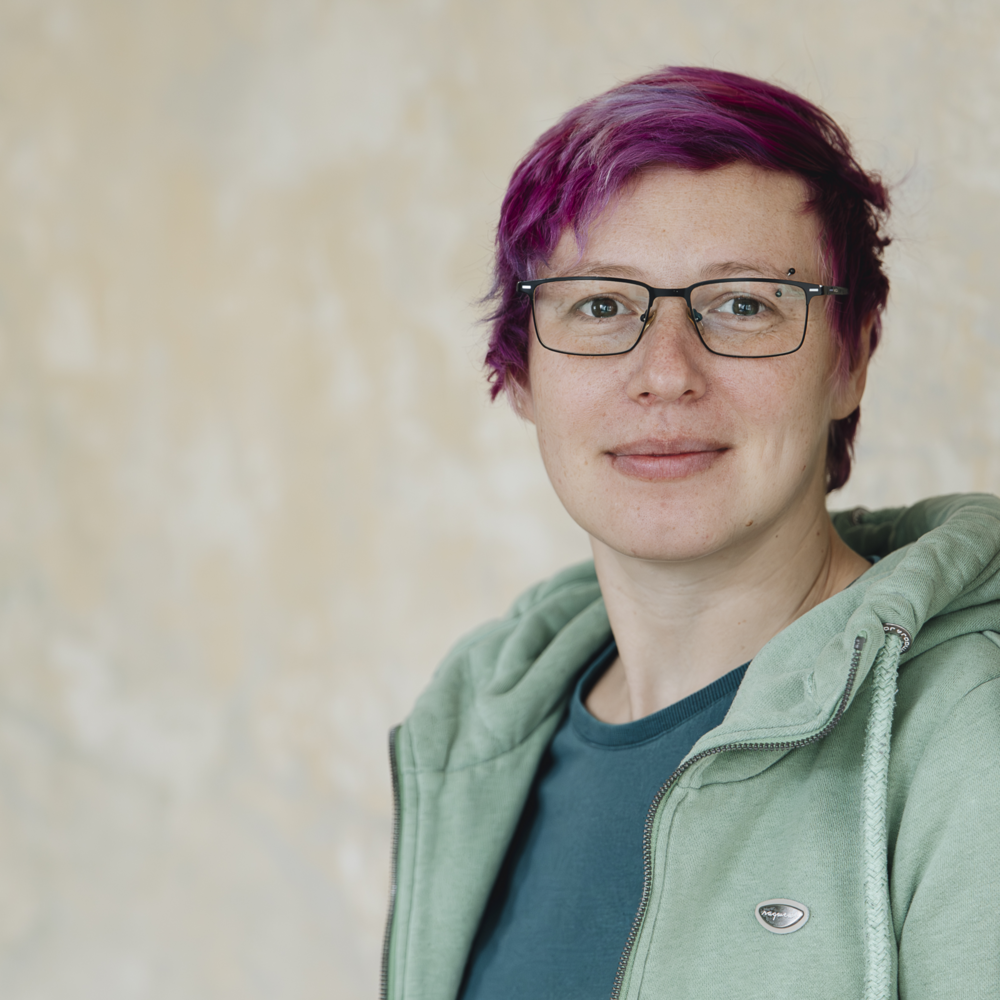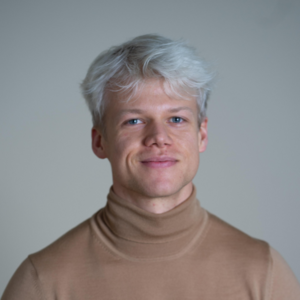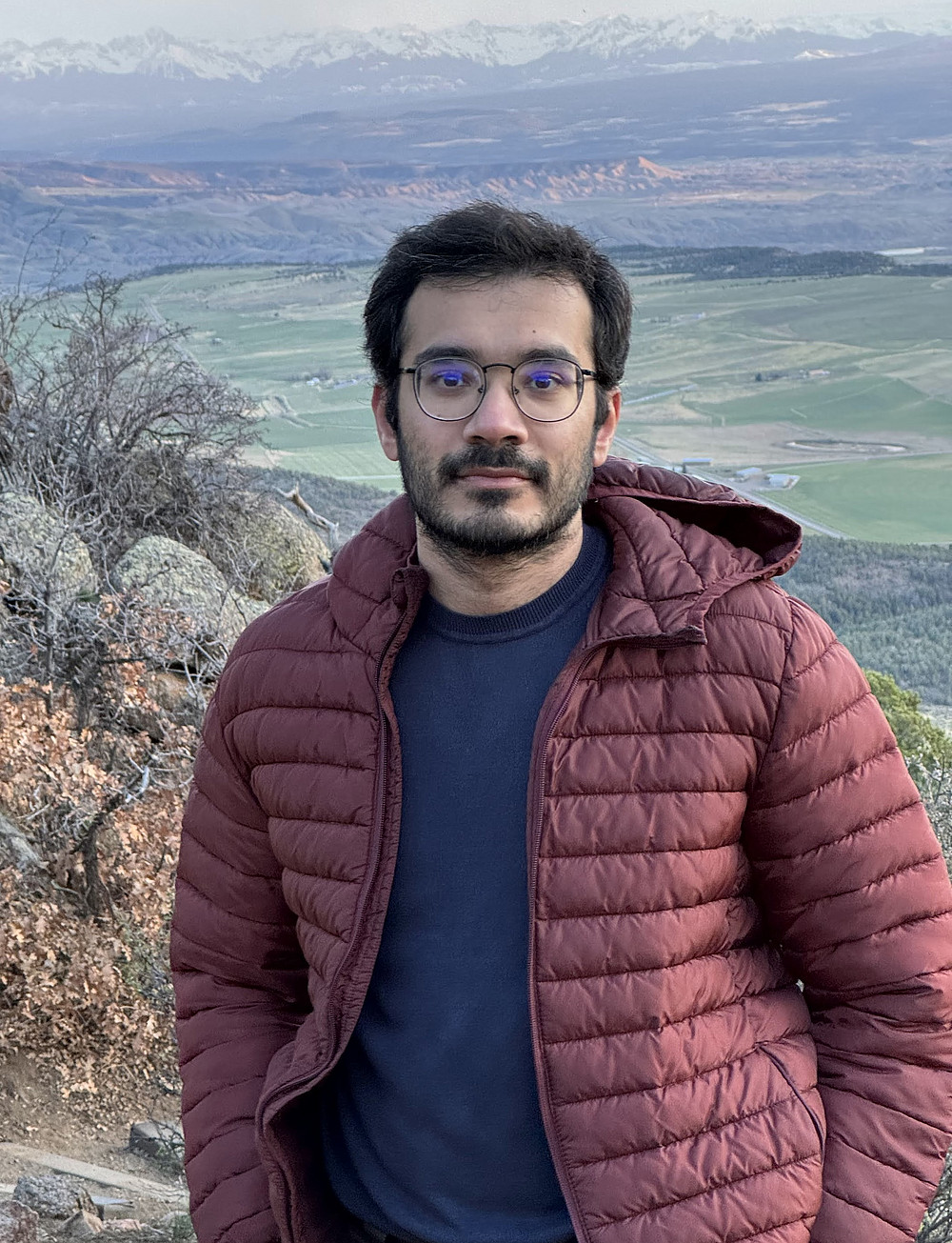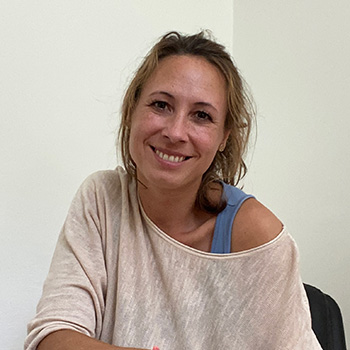Research group for Complex Social & Computational Systems
Chair of Data Analysis
Why are misinformation and conspiracy theories spreading at an unprecedented rate? What can citizens do to combat hate online? And how can we design social media platforms in such a way that they are conducive to civic discourse? These are questions that we want to answer in our research group. In the past, we have looked at what measures can most effectively prevent coronavirus outbreaks in schools, how resilient the Austrian healthcare system is to disruption, and how a changing understanding of "honesty" can explain why politicians in the US are increasingly spreading misinformation.
In our research, we rely on computational approaches: we use machine learning to identify patterns in large amounts of data, statistical models help us to establish correlations between observations, and computer simulations allow us to run through various scenarios and make policy recommendations. To do this, we often use huge data sets of "digital traces", i.e. data such as posts or reactions on social media platforms that people leave behind when they use the internet.
In order to answer the important social questions of our time at the interface between society and technology, researchers from many different scientific disciplines must come together. That is why we are an interdisciplinary team with expertise ranging from computer science, sociology and psychology to physics. We welcome people with a technical background who are interested in social issues as well as students and researchers from the humanities and social sciences who are enthusiastic about computational methods!


Univ.-Prof. Dr. Jana Lasser
Head of Data Analysis
E-Mail: jana.lasser(at)uni-graz.at
Phone: +43 316 380 - 1633
Website: https://www.janalasser.at/
ORCID iD: https://orcid.org/0000-0002-4274-4580
Github: https://github.com/JanaLasser/
Google Scholar: https://scholar.google.de/citations?user=vVrhda0AAAAJ&hl=en&oi=ao
Elisabeth Höldrich, BSc MSc
Doctoral Researcher
Elisabeth Höldrich is a PhD candidate at the IDea_Lab since 2024, researching the rise and spread of conspiracy theories in online environments within the Orientation in Conspiration project (ORION). Through the application of Natural Language Processing and topic modeling Elisabeth hopes to measure different characteristics of individual conspiracy theories and identify which of these characteristics contribute most to the popularity of a conspiracy theory.
With a bachelor’s and master’s degree in physics, focusing on theoretical and computational physics, from the Technical University of Graz, Elisabeth conducted her Master's thesis in the broad field of computational social science. She investigated political speech of US politicians before the Midterm elections of 2022 using statistical models and time series analysis to model their discourse in online environments, with a focus on analyzing how political speech influences public voting behavior. With a strong interest for social issues, political polarization and democracy, Elisabeth continues to apply computational and mathematical modeling, data analysis and network science to understand real-world social and political phenomena.
E-Mail: elisabeth.hoeldrich(at)uni-graz.at
Phone: +43 316 380 - 1632


Dr. Joao Pinheiro Neto
Postdoctoral Researcher
I'm a physicist with experience in computational social science. I focus on comparing different social media platforms, trying to understand what makes them tick. I believe that data-driven toy models can help design social media platforms that are better, and more resilient to manipulation by bad actors. I also believe that timely research can influence decision-making and ultimately pressure platforms into design decisions that do more than blindingly chase engagement metrics.
My approach involves large-scale data collection, as well as analysis and modeling using techniques from physics, statistics, and machine learning. In particular, I currently focus on large language models as both object of research (their impact on social media) and as tools for simulating and analyzing social media content.
E-Mail: joao.phinheiro-neto(at)uni-graz.at
Phone: +43 316 380 - 1639
Mathias Angermaier, M.Sc.
Doctoral Researcher
Mathias is a PhD student at IDea_Lab and at Graz University of Technology. He holds a Bachelor's degree in Business Informatics from the University of Regensburg and a Master's degree in Computational Social Systems from the University of Graz and Graz University of Technology.
In his master's thesis, he dealt with the algorithmic detection and differentiation of conspiracy theory topics in Telegram chats. He also investigated the dynamics of engagement and conversation patterns that are characteristic of the milieu of conspiratorial conversations.
For his doctoral thesis, Mathias is researching dynamics in collective adaptation. To this end, opinions are modeled as networks, whereby topics that are often expressed in similar contexts are particularly close to each other. These opinion networks can be very characteristic for individual people and also aggregated for groups. Changes in these networks due to new group constellations can provide indications of the extent to which people are influenced in their decisions by their social environment. In addition to agent-based modeling approaches, data from social networks is used to depict such opinion networks and look at their patterns of change. In the context of conspiracy theories, too, the aim is to identify trends that allow conclusions to be drawn about the collective extremization of people and provide new starting points for detailed qualitative social research in this area.
E-Mail: mathias.angermaier(at)uni-graz.at
Phone: +43 316 380 - 1643


Dr. Alina Herderich
University assistant
I am a psychologist with a PhD in applied computer science, dedicated to expanding the psychological toolkit with data-driven approaches such as natural language processing and machine learning — both in my own research and in psychology as a whole. As part of my PhD, I developed an innovative method that enables a data-driven yet standardized definition of psychological constructs from textual data, and designed advanced, interdisciplinary approaches.
My research interests focus particularly on emotion regulation — the way in which people perceive, process, and manage their emotions. I take a holistic and practical perspective on the process: What strategies of emotion regulation exist? How do they interact with the individual, the situation, and with one another? Furthermore, I study hate and counter speech on the Internet. I am driven by the question of which psychological mechanisms cause online discourse to be perceived as extreme and toxic and what human resources we can activate to bring about change.
I am also a “Diversity Buddy” at the IDea_Lab.
E-Mail: alina.herderich(at)uni-graz.at
Phone: +43 316 380 - 1637
Website: https://hai-lina.github.io/
ORCID ID: https://orcid.org/0000-0002-2940-600X
Google Scholar: https://scholar.google.com/citations?user=gomHat4AAAAJ&hl=de
GitHub: https://github.com/Hai-Lina
Tim Booker, BSc (hons)
Doctoral Researcher
Tim Booker explores the societal implications of social media, with a focus on how recommender systems influence beliefs, communication, and culture within Western liberal democracies. His doctoral thesis designs and evaluates alternative recommender systems that prioritize healthier civic discourse over typical engagement metrics.
This involves philosophical questions (e.g., what defines “healthy” discourse?), technical challenges (e.g., implementing and scaling alternative systems), and scientific inquiries (e.g., evaluating the effects of these systems on society).
Tim’s research is situated at the intersection of social technology, cultural evolution, political theory, and policy. It contributes to our understanding of how digital platforms can both undermine, enhance, and change democratic processes—and how they can be improved to facilitate better discourse.
E-Mail: tim.booker(at)uni-graz.at
Phone: +43 316 380 - 1644


Dr. Nikolaus Poechhacker, MA
Postdoctoral Researcher
Nikolaus Poechhacker is a sociologist and an STS scholar. He received his PhD in Sociology from the Technical University of Munich and graduated from the University of Vienna in Science and Technology Studies (MA) and Sociology (BA), during which he also took courses in Computer Science (EC). In his work he researches the relationship between democratic institutions, law, social order, and algorithmic systems in various domains, bringing together perspectives from media theory, STS, computer science, and sociology. In his PhD thesis he studied the implementation of algorithmic recommender systems for public broadcasting and its challenges from a social science perspective. The main methods applied are qualitative research methods, e.g. ethnographic research and discourse analysis, in which he investigates the practical making and usage of digital technologies and how they impact public discourse and media, political institutions, or the enactment of law
E-Mail: nikolaus.poechhacker(at)uni-graz.at
Phone: +43 316 380 - 1648
Website: https://digiones.org/
ORCID ID: https://orcid.org/0000-0002-6928-2099
Google Scholar: https://scholar.google.com/citations?user=6i41LQMAAAAJ
Ruggero Marino Lazzaroni, MSc
Doctoral Researcher
Ruggero Marino Lazzaroni is a PhD researcher at Graz University focusing on using large language models to enable social science simulations, with a particular interest in applying LLMs to analyze disinformation dynamics and collective behavior. He holds a Bachelor's degree in Philosophy, International and Economic Studies from Ca' Foscari University and a Master's degree in Social Data Science from RWTH Aachen, where he researched chain-of-thought approaches for LLM-based social simulations for his Master thesis.
His research combines LLM fine-tuning and agent-based modeling, while also maintaining several industry collaborations as an AI consultant, developing custom RAG systems and knowledge graph solutions. Outside academia, he contributes to data (and traditional) journalism projects at Scomodo magazine, applying machine learning methods to analyze political and social phenomena. His side projects include developing tools for polling data analysis, fine-tuning models for various purposes, and creating datasets for academic research.
His approach involves bridging theoretical frameworks with practical applications, using computational methods to understand social dynamics while ensuring results are accessible and meaningful for both academic and public audiences.
E-Mail: ruggero.lazzaroni(at)uni-graz.at
Telefon: +43 316 380 - 1647
Github: https://github.com/ruggsea
Huggingface: https://huggingface.co/ruggsea


Viktor Lagerberg
HPC Admin
I work as an HPC administrator at IDea_Lab, where I’m responsible for managing the HPC environment and providing general IT support.
I've been working in IT since 2017 in various areas, and since 2022, my focus has been on High Performance Computing.
My goal is to create a powerful and user-friendly HPC environment that can be easily used by people from a wide range of academic backgrounds.
E-Mail: viktor.lagerberg(at)uni-graz.at
Telefon: +43 316 380 - 1649
Dr. Kirill Solovev
Postdoctoral Researcher
I’m a data scientist and computational social scientist driven by the belief that state-of-the-art computational methods hold immense potential to address societal challenges and strengthen democratic processes. My previous research has mainly focused on analyzing social media, particularly around misinformation, hate dynamics, and participatory governance. Recently, I've expanded this interest to multimodal platforms like TikTok, which offer richer and more nuanced insights into social interactions.
As part of the VALPOP project at the IDea_Lab, I create and apply open-source tools for extracting complex network relationships from large-scale textual data, leveraging advanced machine learning and natural language processing methods. By mapping these relationships among societal actors we aim to understand how populist politics shape networks and influence critical public goods like healthcare, education, infrastructure, and the rule of law. I strongly believe that uncovering these intricate dynamics enables us to meaningfully contribute to building a more resilient democracy and a healthier society.
E-Mail: kirill.solovev(at)uni-graz.at
Telefon: +43 316 380 - 1655


Hussam Habib, PhD
Postdoctoral Researcher
I’m a computer scientist focused on computational social science, especially how recommendation algorithms shape attention and behavior online. My work often integrates social-science theory with natural language processing and statistical analysis to audit platforms and measure their influence on users. I’m part of the IDea_Lab at the University of Graz, where I continue building methods to understand and improve social computing systems.
I hold a Ph.D. in Computer Science from the University of Iowa (advised by Dr. Rishab Nithyanand) and later worked with Dr. Rachel Greenstadt as a research associate in the PSAL Lab at NYU. I’m also a member of the Center for Publics, Platforms & Personalization (CP3).
E-Mail: hussam.habib(at)uni-graz.at
Telefon: +43 316 380 - 1656
Website: https://hussamhabib.com/
